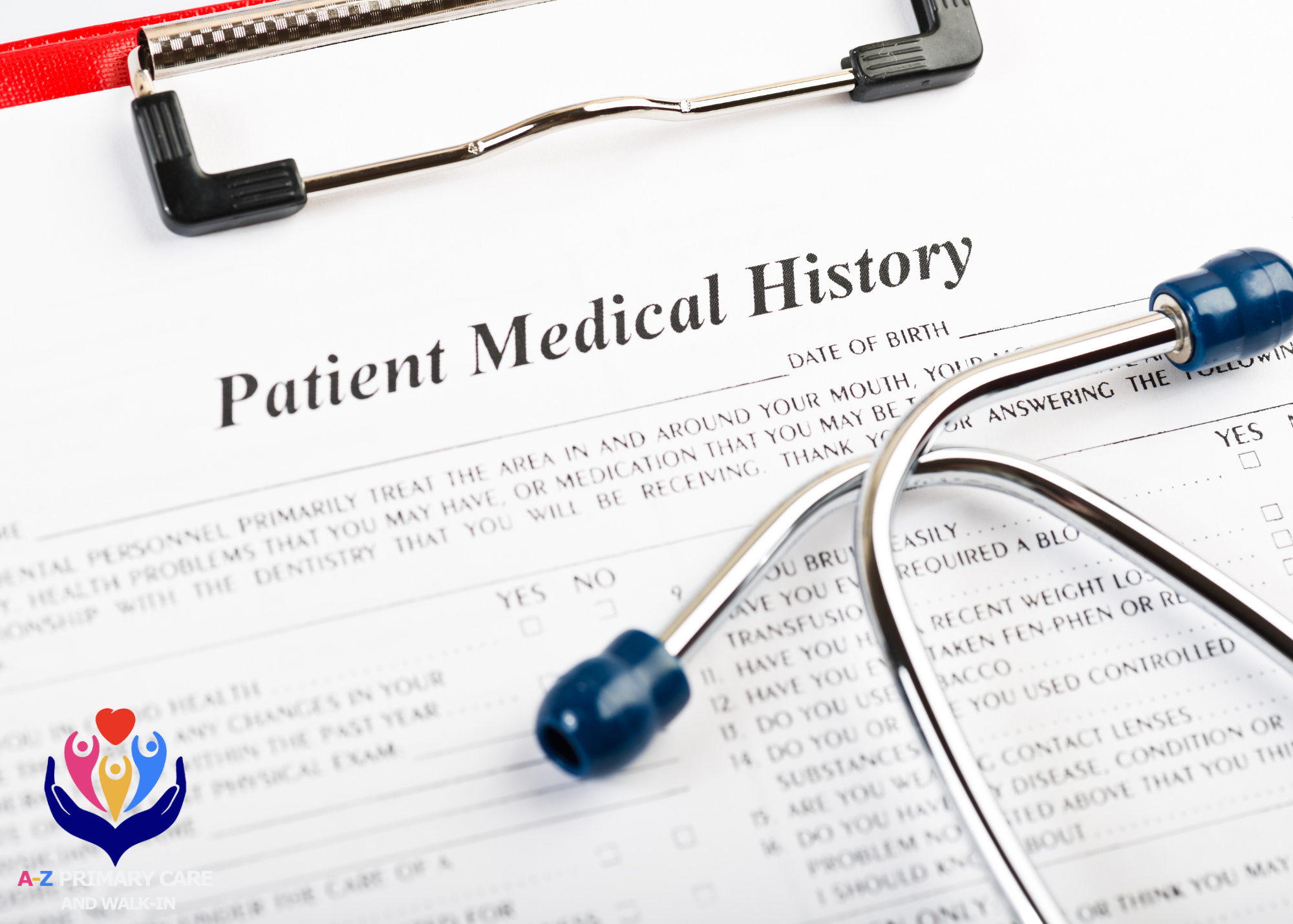Your family’s medical history is more than just a record of past health issues. It’s a blueprint that can help predict and manage your future health. By understanding your family’s medical background, you can identify potential risks and take proactive measures to protect yourself and your loved ones.
Here, we’ll explore why family medical history matters, how it can guide preventive care, and practical tips for collecting this vital information. Plus, we’ll introduce tools to make tracking easier and more efficient.
Why Does Family Medical History Matter?
Understanding Health Risks
Your family’s medical history provides valuable insights into inherited conditions and predispositions. According to the CDC, genetic factors combined with shared lifestyles and environments can increase the likelihood of developing chronic diseases such as:
- Heart disease
- Diabetes
- Cancer
- High blood pressure
- Stroke
For example, if a close relative was diagnosed with heart disease at a young age, you may have a higher-than-average risk of developing the same condition. Knowing this allows healthcare providers to recommend earlier screenings and lifestyle adjustments.
Customized Preventive Care
Family medical history isn’t just about risks; it’s a tool for personalized healthcare. Your doctor can use this information to tailor advice and preventive measures specifically to your needs. Recommendations may include:
- More frequent screenings like mammograms or colonoscopies.
- Specialized genetic counseling if inherited conditions are flagged.
- Lifestyle recommendations such as dietary changes or increased physical activity.
By collaborating with your healthcare provider, you can turn this knowledge into actionable steps to reduce your health risks.
Early Detection and Treatment
Family history can serve as an early warning system. Consider this scenario: if multiple family members have experienced type 2 diabetes, your doctor might recommend earlier blood sugar testing to catch any issues before they develop into more serious concerns. Early action often leads to better outcomes.
How to Collect Your Family Medical History
Start Conversations with Relatives
The first step is simple yet effective: talk to your family members. Use gatherings like holidays or reunions as opportunities to ask about medical conditions. Focus on close relatives such as:
- Parents, siblings, and children (first-degree relatives).
- Grandparents, aunts, uncles, and half-siblings (second-degree relatives).
Ask questions like:
- “Has anyone been diagnosed with chronic conditions like heart disease or diabetes?”
- “At what age were they diagnosed?”
- “What medications or treatments do they require?”
Use Online Tools
Digital tools, like My Family Health Portrait, make it easier to document and share this information. This free, web-based tool allows you to:
- Create a detailed history of your family’s health.
- Identify patterns or risks.
- Share records directly with healthcare providers.
- Update information over time as family dynamics change.
Leveraging such tools ensures accuracy and simplifies the tracking process.
Gather Medical Records
Where possible, supplement conversations with tangible records. Look for documents such as:
- Birth and death certificates.
- Medical reports or test results.
- Obituaries that include causes of death.
These details provide context and fill in gaps that verbal accounts might miss.
Stay Organized
Create a system to keep your family history up to date. Options include:
- A dedicated folder (physical or digital) for storing documents.
- A shared spreadsheet where family members can contribute updates.
- Apps specifically designed for medical record-keeping.
Consistency is key. Make it a habit to revisit and revise your records annually or whenever notable family events occur.
What Information Should You Track?
When documenting family history, it’s essential to include both broad and specific details. Here’s a checklist:
- Existing Conditions: Chronic illnesses (e.g., hypertension, diabetes).
- Age of Onset: When symptoms or diagnoses occurred.
- Lifestyle Factors: Smoking, exercise habits, or diet.
- Ethnic Background: Some conditions are more prevalent in specific ethnic groups.
- Cause of Death: For deceased relatives, especially if linked to heritable conditions.
The goal is to paint a comprehensive picture that your healthcare provider can interpret effectively.
How to Use Your Family History in Healthcare
Share It With Your Doctor
Bring your records to your next primary care visit. Even if your history isn’t complete, sharing what you know allows your doctor to make more informed decisions. For example:
- If you have a family history of high blood pressure, your doctor may monitor your readings more closely.
- If early-onset breast cancer runs in your family, genetic testing might be recommended.
Take Preventive Actions
You can’t change genetics, but you can control many contributing factors. For instance:
- If your history reveals a risk for heart disease, adopting a heart-healthy diet and regular exercise can significantly reduce that risk.
- If diabetes runs in the family, annual blood sugar tests can detect early signs.
These steps not only improve your health but may also set a positive example for other family members.
Tools to Simplify the Process
My Family Health Portrait
Developed by the Surgeon General, this tool simplifies data collection and storage. It lets you:
- Graphically map family relationships and health conditions.
- Save and update data as new information becomes available.
- Print summaries to discuss with your doctor.
Genetic Counseling for Complex Histories
If your history raises questions or reveals rare conditions, a genetic counselor can provide expert guidance. They’ll analyze risks, discuss inheritance patterns, and recommend appropriate next steps.
Act Now for a Healthier Tomorrow
Your family medical history is more than a list of diagnoses; it’s a powerful tool for preventive care and early detection. By taking steps to collect and organize this information, you’re investing in not only your health but also the well-being of future generations.
Start the conversation with your family today. Use tools like My Family Health Portrait and consult with your primary care provider to turn data into actionable insights.
Schedule a consultation now to discuss your family medical history in detail and create a personalized health plan. Visit www.azprimaryclinic.com or call 281-801-4286 to take charge of your health.

